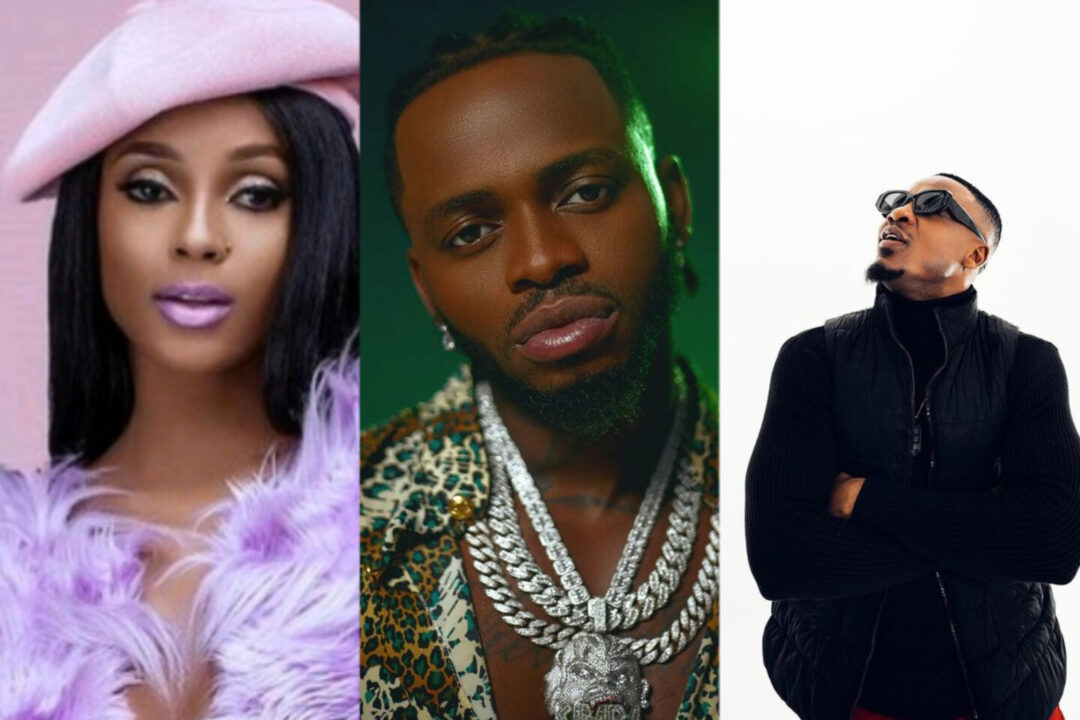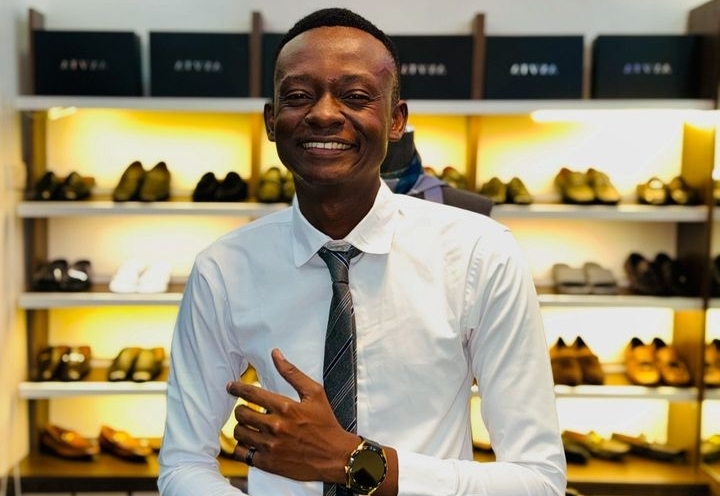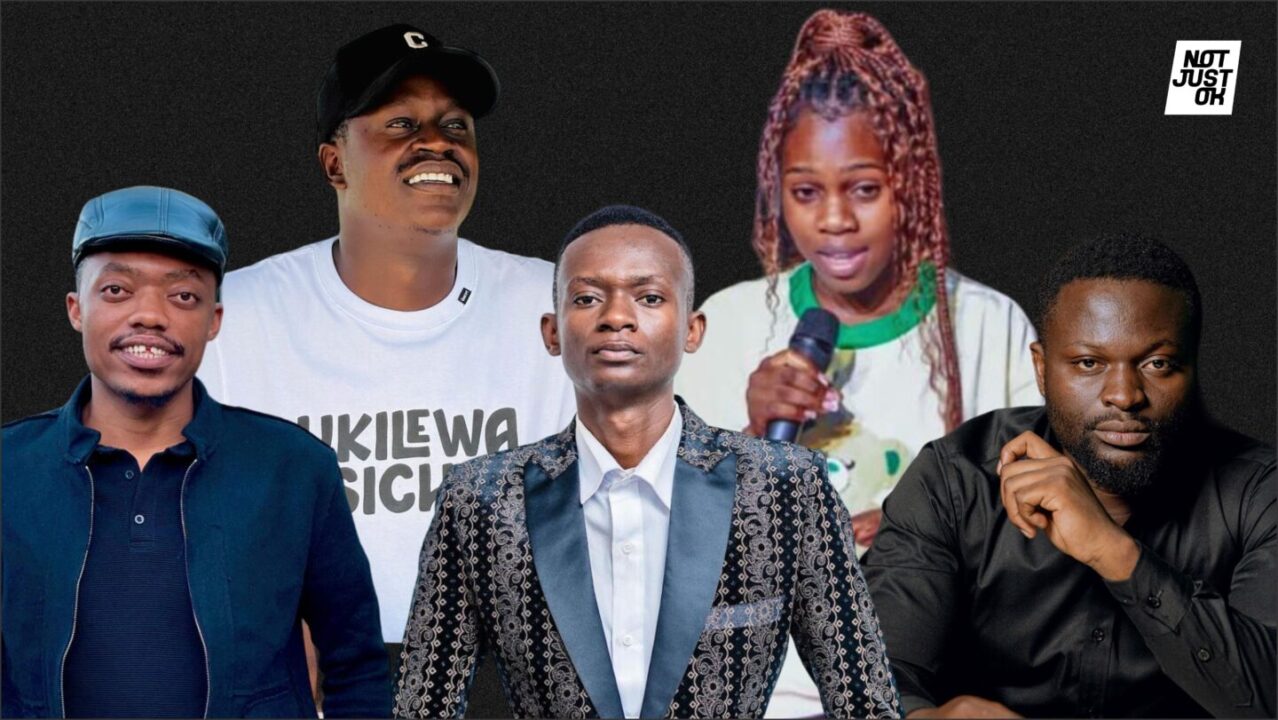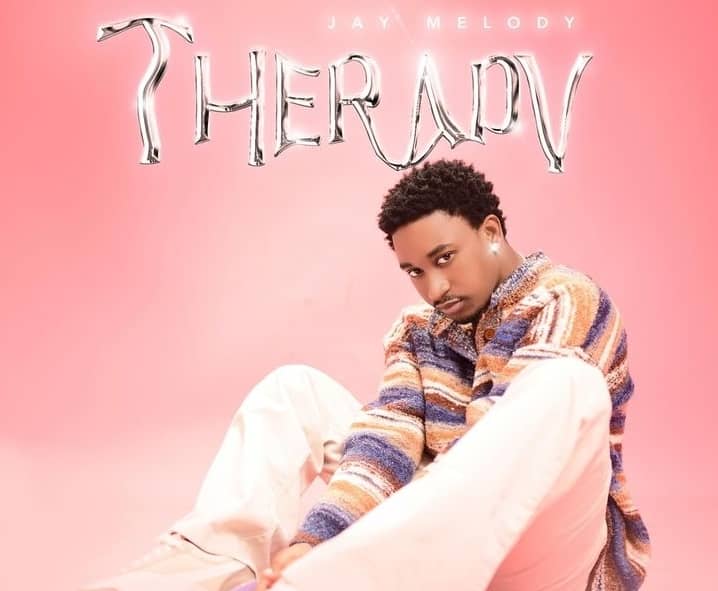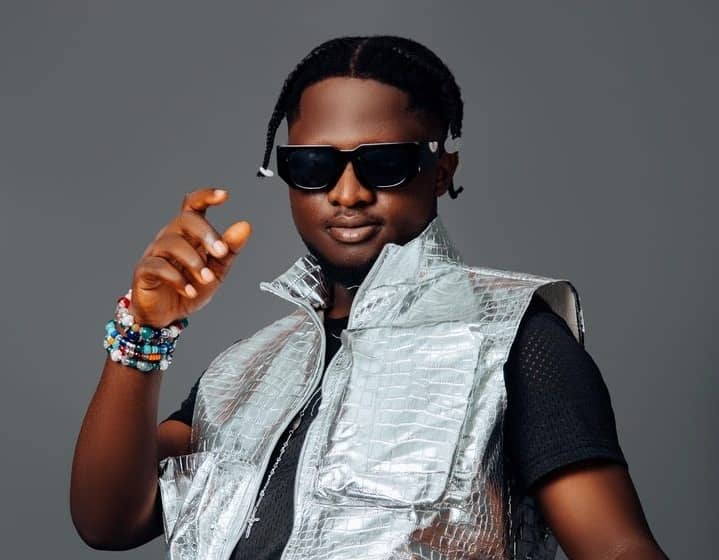Interview: Tanzania's Jaivah is repackaging Bongo Flava for global dominance
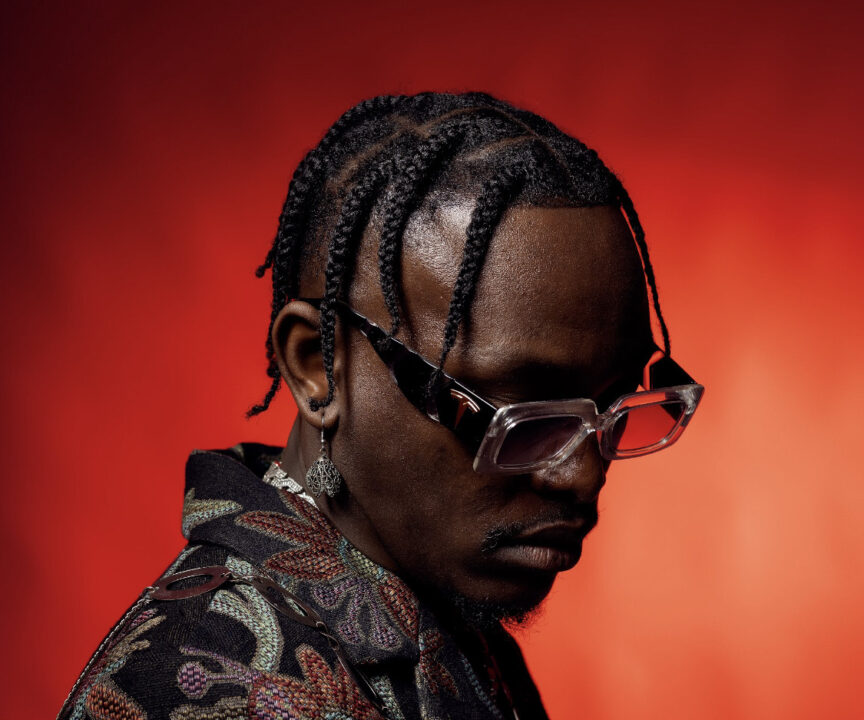
People usually find it hard to believe that Jaivah is a Tanzanian artist. His sound carries an air of foreignness and international touch, leading many to mistakenly assume that he hails from South Africa, a country he has never set foot in.
In this interview, we sit down with Jaivah to discuss his origins, biography, inspirations, and musical journey.
When you carefully listen to Jaivah’s tracks such as Soup, Yesa, and his latest Pita Kule you will find out that Jaivah is not like any other Tanzanian artist. What sets him apart from the crowd is his deep, one-of-a-kind voice that doesn't follow any trend and refuses to imitate the masses.
Jaivah, who is now signed at Bxtra Records, stands proudly as distinct, uncommon, original, exceptional, and a far cry from the wave of Wabana Pua artists that the legendary TV host Salama Jabir usually critiqued on her blockbuster TV show, Planet Bongo, a few years ago.
In a recent conversation, we had the privilege of sitting down with Jaivah, a Tanzanian singer whose 2023 smash hit Soup has so far amassed more than 2 Million views on Youtube, to delve into his journey thus far, his experiences, his upcoming aspirations, and much more.
This interview has been edited for clarity and brevity while retaining its essence:
Many people know your music, especially your hit song Soup but don’t really know who Jaivah is, so who exactly is Jaivah?
I was born and raised in Dar Es Salaam Tanzania in a place called Mburahati, Kigogo. I'm the eldest of three siblings, with Abbah following me.
Do you mean Abbah The Music Producer?
Yes! Abbah the music producer. He is my younger brother, and then comes our little sister who is a civil engineer. I grew up in a middle-class family with a musical background. One of my uncles from my father’s side was a choirmaster.
Has anyone ever told you that you sound like Burna Boy?
Yeah I get that a lot and I think it’s because of the deep voice, we are almost similar. So now and then people usually throw that Burna Boy card at me.
Does it make you uncomfortable when people say you sound like Burna Boy?
To be honest, it doesn’t. As he calls himself, Burna Boy is an African giant. Fans will only compare you to an African Giant if you have good music like he does. So it doesn't make me uncomfortable whatsoever.
So when did you realize you had an interest in music?
Around 2006 or 2007, our brother visited us and introduced us to a producer named Mtani. He showed us the A4 studio music program, which both Abbah and I instantly fell in love with. Despite our dad not being very wealthy, we had computers at home from a young age and hence we started using the program.
Abbah became more dedicated to music production after that, especially since I had to leave for Don Bosco Seminary to study. During my absence, Abbah had more time to focus on music.
Can you share with us the story behind your first song and how it came to be?
In 2015, I used to make beats for fun at the studio, and friends who visited enjoyed them.
A friend named Tony Cousin, who is also an artist, shared a song I had recorded with Tongwe Records. Moni Centrozone and Frank Swaggz liked the song and had a friendly competition to see who would make Adam Mchomvu listen to it first.
Moni emerged as the victor by being the first to share the song with Mchomvu. He liked it and contacted me, expressing interest in purchasing the song. I recall receiving his call while on a public bus. I was so excited, but I refused the offer as I wanted to release the song as my debut project.
So what happened, did you and Adam Mchomvu meet?
Yes, we did. He actually invited me to the XXL show the following day, but I was super afraid, so I did not go. However, I gathered my courage and went the day after, where I finally met Mchomvu, and it was on that day that he gave me the name Jaivah.
f 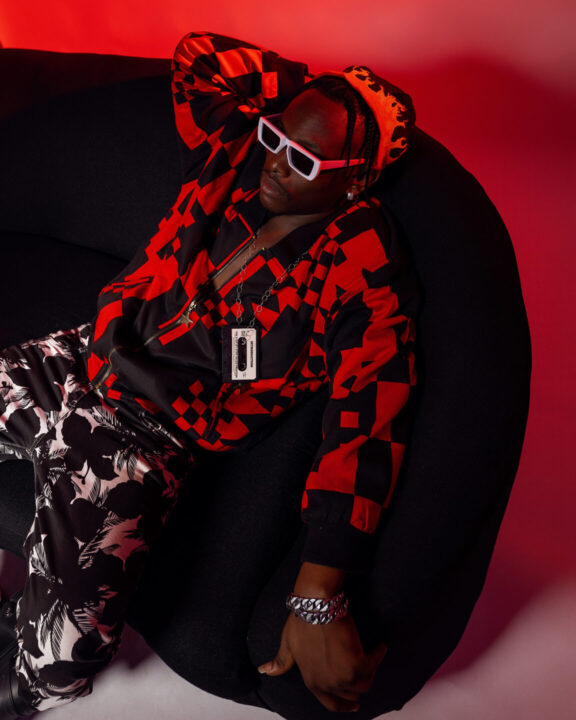
So Adam Mchomvu was the one who gave you the name Jaivah?
Exactly. When I met Adam Mchomvu, he asked me my name, and as we continued talking, he suddenly came up with the name Jaivah. Later that day, he played the song on Clouds FM's flagship show XXL, and it was officially released. That was in 2015.
Like what went on after releasing your first track, Jaiva?
I stopped doing music for a while. I had a lot of things going on and I was like doing music for fun even though a lot of people behind the scenes were pushing me to release songs.
I was more like a behind-the-scenes guy, producing tracks for other artists and it was also during this time around 2017 to 2020 that I worked with different Tanzanian artists such as Gigy Money, Joh Makini, Country Wizzy, Darassa, Dully Sykes and many more.
You mentioned Darassa and Joh Makini, two of the biggest Hip Hop heavyweights in Tanzania, in which projects did you collaborate with them?
I contributed to the creation of Darassa’s debut album titled Slave Becomes King. I was featured in track number 11 titled Hater. It was an enriching experience, to be honest
With Joh Makini we worked together along with Karabani for the remix of my debut single titled Jaiva. Surprisingly, even though our remix was released in 2016 it wasn't until 2019 that I finally had the pleasure of meeting Joh Makini face-to-face.
It occurs to me that you were a diamond in the rough before Soup, catching the eyes of Bongo Fleva giants and artists who saw your potential long before your big debut.
Of course! I was in the game, and people believed in me before fans knew me outside. Many artists saw me somewhere, and some even wanted some of my things.
So I was famous before being famous, nearly all industry insiders knew me. At some point, I was also the Vice President at Abbah Music at the time.
I want to talk about your transition from Abbah Music to BXtra Records. What caused the transition?
I signed with BXtra Records in May 2022. After leaving Abbah Music, I wanted to work as an independent artist. Other labels were chasing me but I did not want to work with them.
I met Hermy B, the CEO of BXtra through Mudi, my friend. When Mudi told me about Hermy’s vision I was immediately hooked and after some time I signed with BXtra.
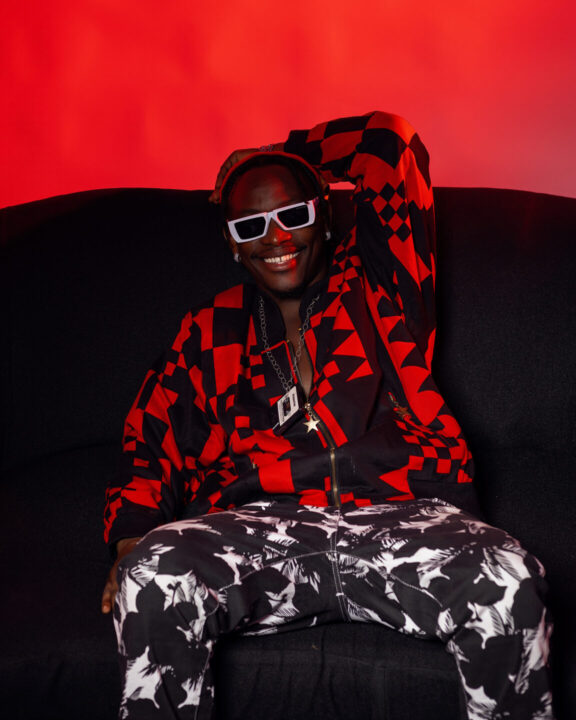
What are your influences in music?
I don't have one particular role model or somebody who exactly shaped my sound though while growing up people used to tease me with the name Lil Wayne.
But growing up, I became immersed in myself and that's why it's very hard to compare my sound with any other contemporary artist.

